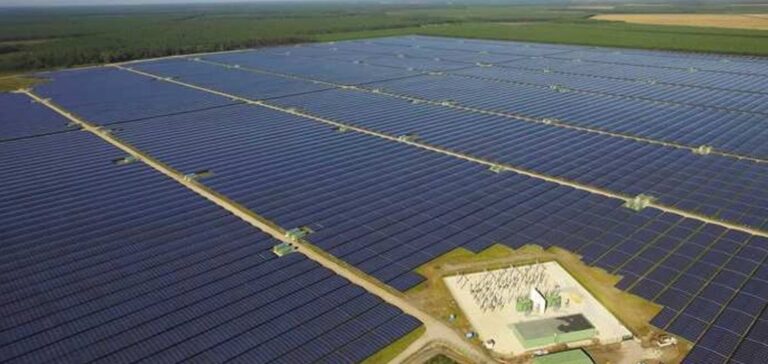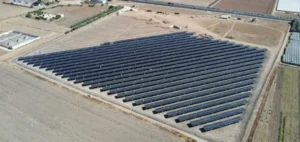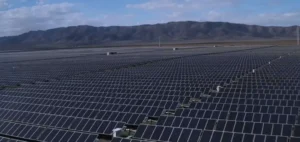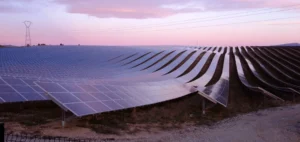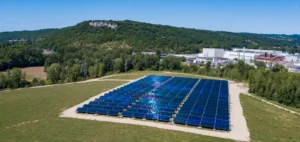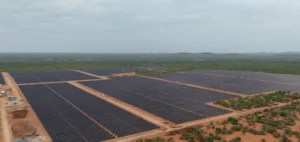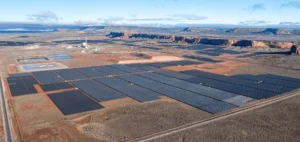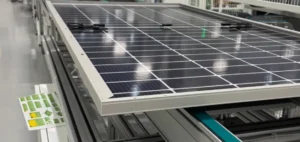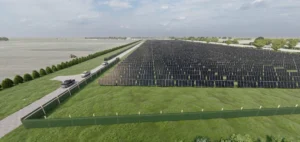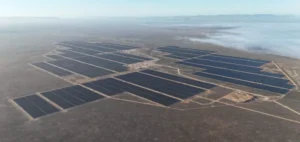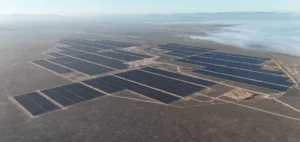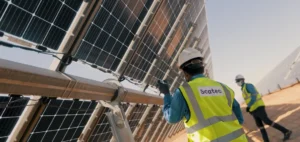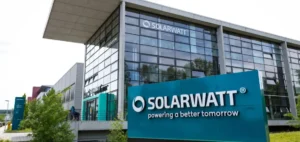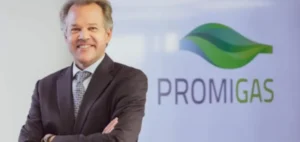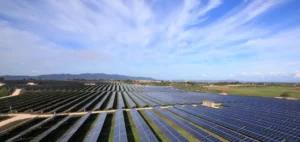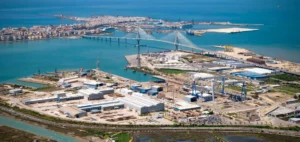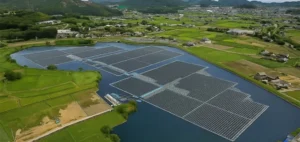The inauguration of the photovoltaic park in Molėtai, led by figures such as Denmark’s Ambassador to Lithuania, Grete Sillasen, and Lithuania’s Deputy Minister of Energy, Daiva Garbaliauskaitė, marks a major milestone for Nordic Solar. The 100 MWp park is designed to meet the annual consumption of some 28,000 European households. This development underlines Lithuania’s commitment to sustainability goals and energy independence, with a target of 80% renewable energy by 2050.
Regional Commitments and Impacts
The Molėtai photovoltaic park is not only a technical achievement, but also a project of strategic importance for Lithuania. “This investment by Nordic Solar is not only an achievement for our company, but also an investment in Lithuania’s energy infrastructure,” explains Nikolaj Holtet Hoff, CEO of Nordic Solar. The park will play a crucial role in increasing Lithuania’s installed photovoltaic power generation capacity, as the country plans to increase the share of renewables to 45% of its total consumption by 2030. This initiative is in line with national ambitions to reduce dependence on fossil fuels andincrease energy security.
Contribution to Biodiversity and the Community
In addition to its energy production capacity, the Molėtai photovoltaic park is also designed to enrich local biodiversity. “In developing the Molėtai photovoltaic park, we focused on combining energy production with a favorable environment for animals and plants,” says Glenn Aagesen, COO of Nordic Solar. Initiatives such as the installation of fences to allow the passage of small mammals, the construction of a pond, and the landscaping of areas with wild flowers and piles of branches and stones, are examples of this integrated approach.
Implications for Lithuania’s Energy Future
Nordic Solar’s projects in Molėtai, Švenčionys, and Jonava are key elements in Lithuania’s national strategy for a sustainable energy transition. “After these parks start generating electricity, the installed capacity of solar power plants in our country will increase by almost 9 percent,” points out Daiva Garbaliauskaitė, Deputy Minister of Energy. This expansion is essential if we are to reach our target of 80% renewables by 2050, strengthening Lithuania’s energy independence and resilience.
The inauguration of the Molėtai photovoltaic park by Nordic Solar, in collaboration with Lithuanian government and local stakeholders, is a prime example of how foreign investment and international cooperation can catalyze national energy goals and support local communities. This project not only represents a technological breakthrough, but also a commitment to a sustainable, self-sufficient future for Lithuania.


